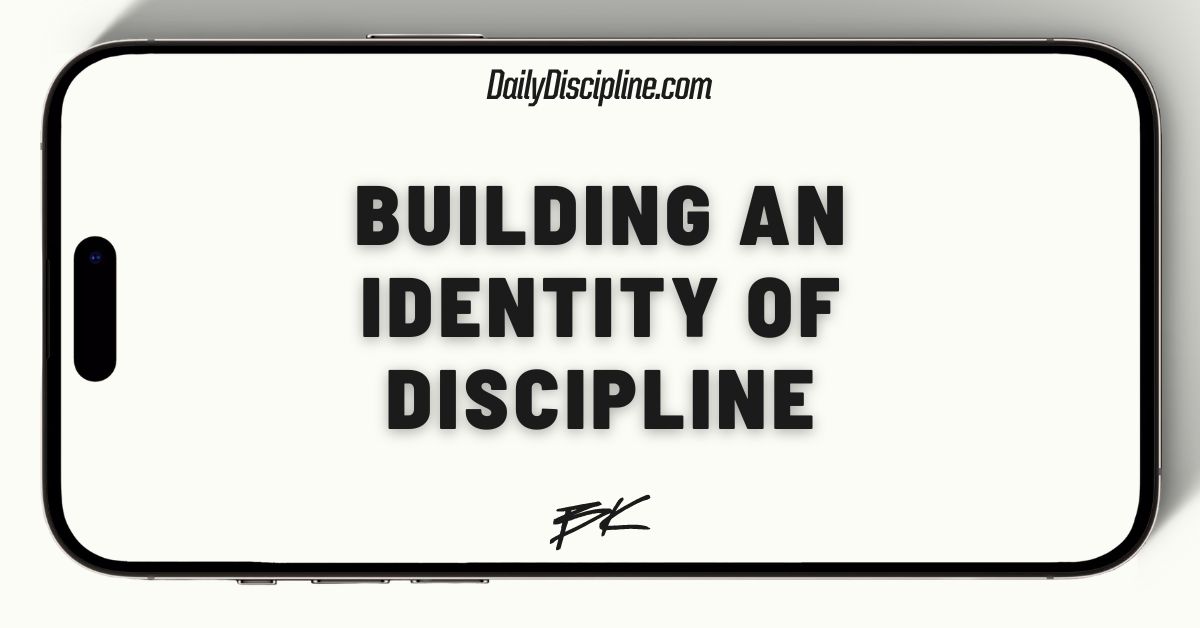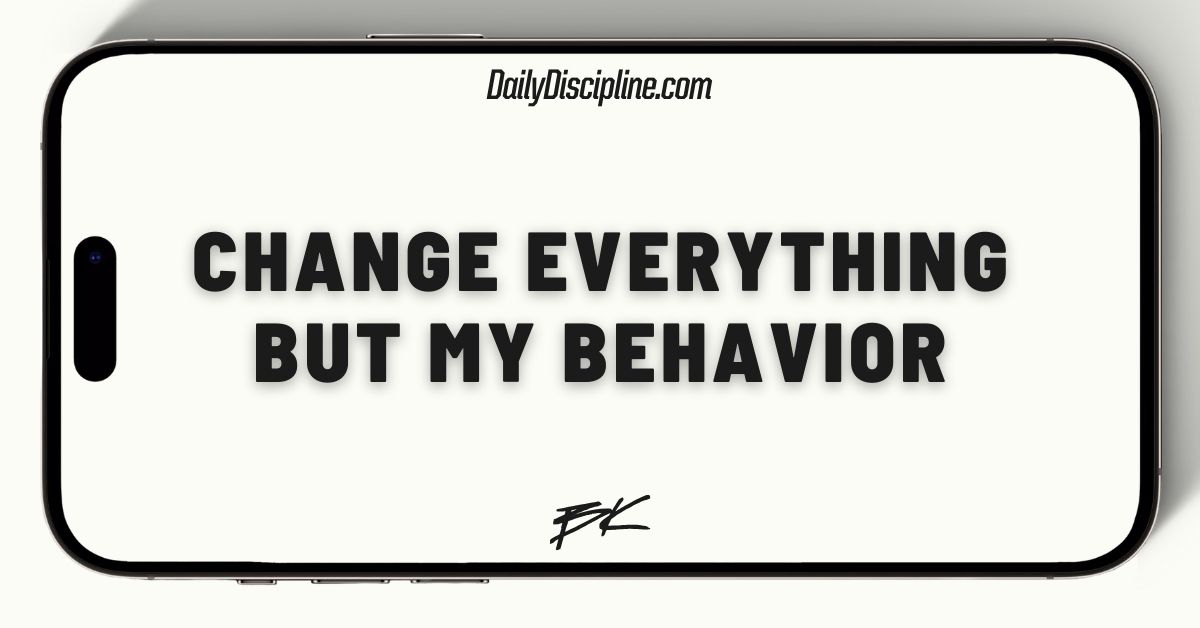A Daily Discipline reader (thanks, Stuart!) asked a good question in response to Wednesday’s message, “What should guide our lives?”
On Wednesday, I wrote, “Guided by virtue and fueled by discipline, you will experience great rewards, however delayed they may be.”
Stuart asks, “How do you discern which virtues to center in your life? What framework, worldview, philosophy provides the virtues closest to truth?”
I won’t tell you what virtues to choose. That’s not my role or fair to you. It’s a personal decision. I can tell you what I do and how I approach it.
Here’s how I think about virtues in my life and what I would suggest to anyone interested in finding or strengthening their virtues:
- My virtues must strengthen my self-awareness, self-discipline, and self-confidence. Every religious and philosophical framework revolves around these three core tenets: study and know myself, stay in control of myself, and believe in myself and my path.
- I can build my life on any set of virtues I choose. I can start anywhere with any virtue but I must start somewhere with some virtue. I’m less concerned with whether I’ve chosen the right virtues and more concerned with whether I’ve chosen any virtues. Commit to something and evolve as I learn through living it.
- I want to build my life on timeless virtues, not modern trends. Virtues that have always been true and will always be true. Virtues that extend beyond geography, era, or popularity.
- I search for truth in virtue through reading exclusively old, old text. My approach is to use the lessons of history as my guide first rather than modern sentiments or my personal feelings and preferences.
- Instead of committing to a single branch of philosophy to frame my virtues, I look for virtues of significant overlap across disconnected philosophies. If it shows up again and again from ancient Greece to ancient China to the Roman Empire to the Prussian Military to the Rennaisance to the American Revolution, then it’s been reliably pressure-tested by time and variables that prove its truth and reliability. I trust that credibility over any new study or best-selling book.
- I look to the authors and texts that have guided history’s most impactful figures. I look for the virtues that led to their excellence and the ones that led to their demise. I look to the virtues they failed to live and the ones they lived with unparalleled commitment.
- I work hard to look for virtues that are true independent of my preferences. Virtues that have been proven effective, impactful, and defining again and again by the rigors of an impartial world. I think of it like this: what virtues I commit to is not a matter of style. How I commit to them is up to me.
- Last but not least, I am not afraid to change my virtues, by addition or subtraction, as I learn. Different virtues play leading or supporting roles during different seasons of my life. I do not live all the same virtues now at 42 that I did at 22. Nor do I live my unchanged virtues the same ways as I did then. If I make 62, I hope I’ve evolved still more
I hope this helps. If this was useful for you, reply and let me know how or why. If this is of interest to you, reply and let me know that, too. If enough of you want to explore this further, we might try to do something interesting.
Brick by brick. Do the work.


Share your thoughts